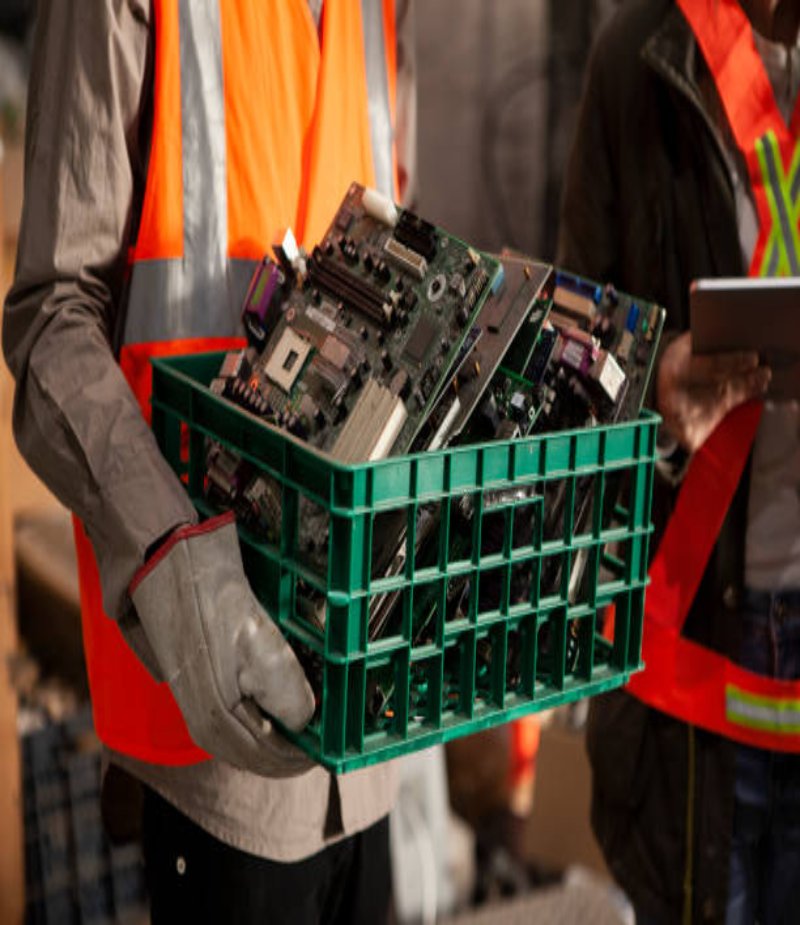Simply put, electronic waste or e-waste refers to discarded
products with a battery or plug—essentially anything electronic,
electrical, or battery-powered. Common examples of e-waste
include mobile phones, tablets, computers, smartwatches, fitness
trackers, TVs, kitchen appliances, etc.
Why Do We Need to Recycle E-waste?
A recent report by the United Nations University highlights that ewaste amounts have grown from 20 million to 50 million tonnes
per year since 2000. The report forecasts that the number will
more than double by 2050 to reach a staggering 111 million
tonnes per year.
attributing the escalating growth of e-waste to short product life
cycles, limited repair options, and higher consumption rates.
The report found that high-value materials such as gold, silver,
copper, and platinum, conservatively valued at US$57 billion (a
figure exceeding the GDP of most countries), ended up mostly in
landfills or incinerated instead of being reused for future
production.
Recycling not only prevents hazardous chemicals from polluting our
eco-systems, but it also makes business sense. Why spend more
time and money digging up precious natural resources when they
can be extracted from discarded devices and reused?
Clean Up Australia, a non-profit environmental conservation
organisation, highlights the following facts about the growing ewaste problem in Australia:
4 million computers and 3 million TVs are purchased in
Australia every year, 88% of which will make their way to
landfills, contributing to the 140,000+ tonnes of electronic
waste generated by Australians annually
On average, less than 1% of TVs and 10% of computers are
recycled in Australia
98% of the components in a computer or television are
fully recyclable
70% of toxic chemicals such as lead, cadmium, and
mercury in landfill come from e-waste
Electronic rubbish is growing three times as fast as any
other waste stream
It’s a huge problem that’s growing by the day, but we can all pitch in
and do our part. All we need to do is to recycle our e-waste rather
than dumping them in the bin.
